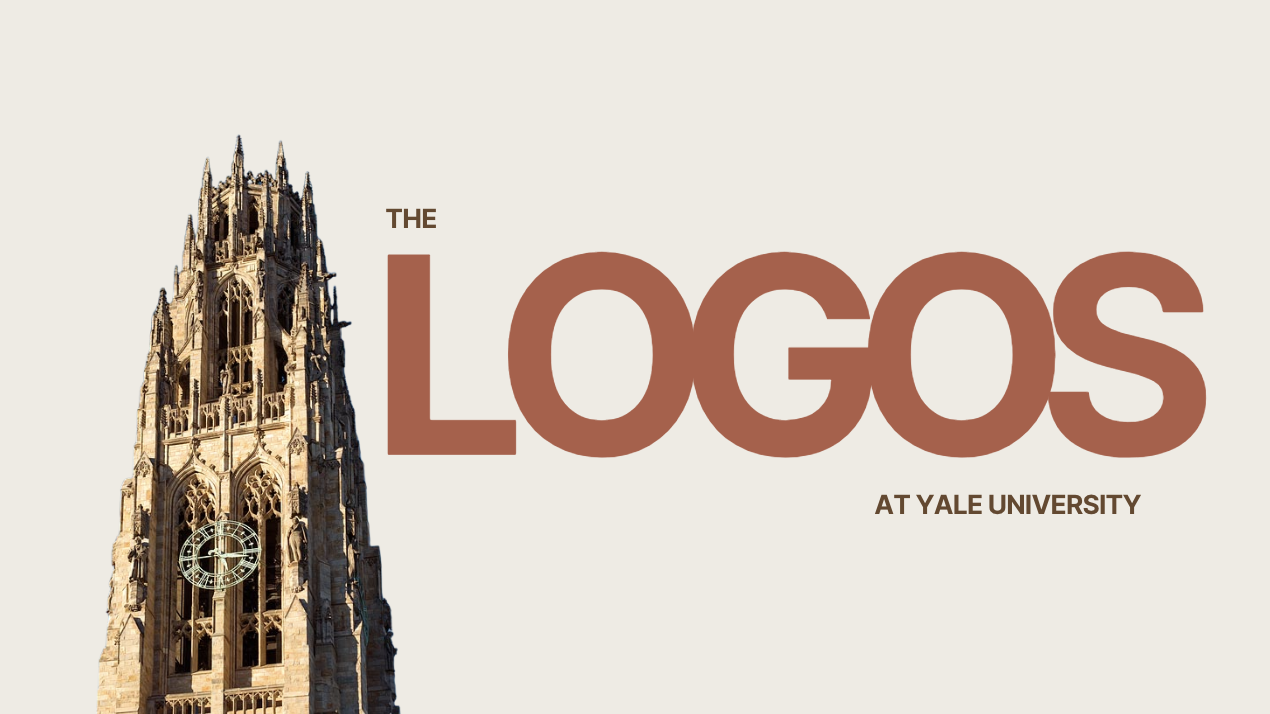
Search Our Writing:

We Are an Easter People
March 20, 2021 | By Andrew Forrester
So why all the doom and gloom? If our Lord and Savior really is risen, and our sins have really been forgiven, why should we be sorrowful at all? During Lent, our preparation for the joy we take in the day of the resurrection, should we not be joyful since we know what’s coming?

Elevating Work, Prayer, and Potatoes
Feb 5th, 2021 | By Ally Eidemueller BK ‘22
The painting The Angelus by Jean-François Millet depicts a man and a woman praying over their potatoes in the evening. The shaded silhouette contrasts the sun’s setting rays on the horizon. Over the man’s right shoulder, the sun engulfs the image, which draws the mind to something greater than the pitchfork and meager harvest, which represent the simple but inherently good livelihood of the pair.

Pulled From the Law: Encountering Christ in the Flesh
Nov. 30, 2020 | By Justin Ferrugia TD ‘23+1
Jesus said to him, “If you wish to be perfect, go, sell what you have and give to [the] poor, and you will have treasure in heaven. Then come, follow me.” (Matt. 19:21)
I want to pose a thought experiment. Suppose you are a devout Jew in the time of Jesus. You faithfully and rigidly adhere to Jewish law. You keep the Sabbath and adhere to the Levitical laws of food, drink, and sacrifice. You are rightly and completely devoted to these laws, just as many of us are devoted to the doctrinal tenets of our faiths.

Who Do You Say I Am: The Centrality of the Church in the Christian Faith
Jan 23, 2016 | by Armando Ghinaglia YDS '17
He said to them, ‘But who do you say that I am?’” (Luke 9:20). Just as the Apostles before us, Christians have developed many responses to this question Jesus asked two thousand years ago. Some answers— “the way, the truth, and the life”—have become standard across all of Christianity. Others—“the only son of God, eternally begotten of the Father”—became tests of orthodoxy and heresy. Foundationally, however, any response to this question must lead back to the Church—not the individual—as the normative means by which we come to know Jesus as the Christ and deepen our relationship with God.

What Is It All About?
By Titilayo Mabogunje, GH '20.
However, in a culture where there is so much emphasis on what “I” can do and how “I” should control my time and how “I” need to look out for my best interest, the gospel message seems extremely radical. It says it’s not about what “I” can do; it’s not about or how awesome “I” am; it’s not even about how sinful “I” am. Rather, it’s all about what God has done and who He is.
Upcoming Events:
-
Writing Voice Workshop
THURSDAY, JAN 22ND, 6:15-7:50 PM,
Elm Institute
This week, we will hone our writing voice in different styles.
-
Editing for Writing with Voice Workshop
THURSDAY, JAN 29TH, 6:15-7:15 PM, Location TBD
Based on the previous week’s workshop, we will edit our pieces to hone our writing voice.
-
Veritas Weekend
FEB 6-8TH, Boston
Save the date for Veritas Weekend in Boston! More information below!
Signup Date Passed
-
Theme Introduction Meeting
THURSDAY, FEB 12ND, 6:15-7:15 PM,
Location TBD
Our theme this semester is… mirrors! We will be exploring the literary tradition and potential topics for mirrors.
-
Theme Introduction at Elm
THURSDAY, FEB 19ND, 6:15-7:50 PM,
Elm Institute
We will be continuing our exploration of the theme of mirrors at the Elm Institute, with a session led by Peter Wicks.
-
Writing Retreat
SATURDAY, MARCH 28TH
We will be adjourning to the countryside to spend a day dedicated to making progress on our drafts.
